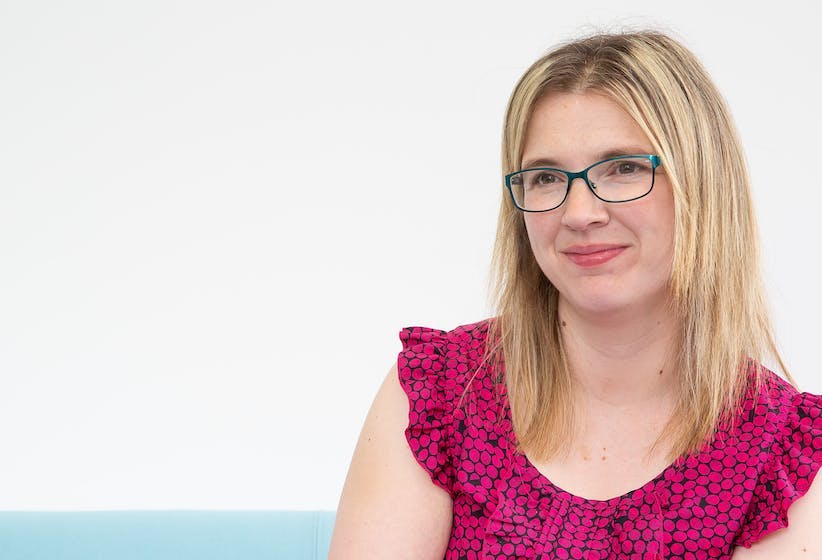
Are you up to date with statutory payments?
National minimum wage and statutory payments increased this month, meaning employers need to check that they are complying with the statutory provisions and paying their workers the correct amount in line with the following increases.

Introduction of carers leave
From 6th April Employees will have the statutory right to request 5 working days unpaid leave in any 12-month rolling period.

New tax year, new ISA allowance
A new tax year brings a brand new ISA allowance, which makes now a great time to consider your options, says Chris Egmore of Lovewell Blake Financial Planning.

Is it time to simplify your financial life?
Consolidating your investments with one adviser or financial manager brings a number of advantages, says Stephen Metcalf of Lovewell Blake Financial Planning.

Changes to flexible working
From 6 April 2024 we will see a number of changes made to the legislation surrounding flexible working requests.

Changes to holiday for irregular hours and part year workers
An amendment to the Working Time Regulations means that holiday entitlement for irregular hours and part year workers will be based on accrued hours.

Pay your tax early!
For many companies the idea of paying tax is unpleasant let alone paying tax before it is due, however doing so could mean that you actually receive a payment from the Government by way of interest.

Academies Accounts Direction
The ESFA have now released the Academies Accounts Direction 2023 – 2024 for academy trust accounts ending 31 August 2024, along with model accounts and the auditor framework and guide.









